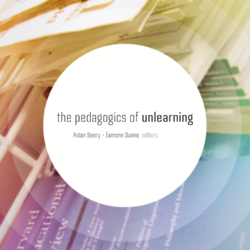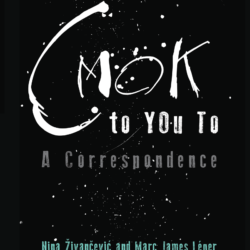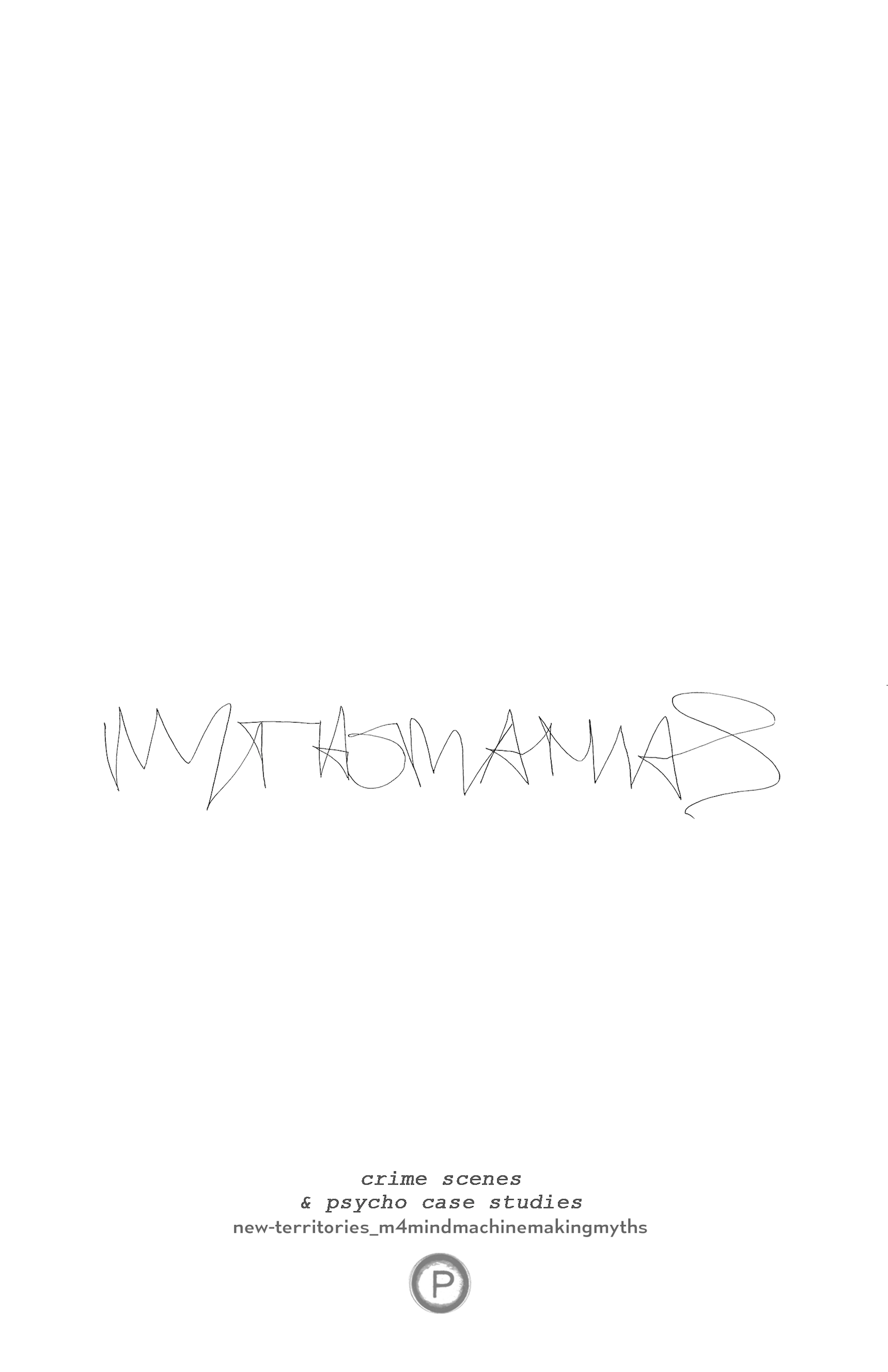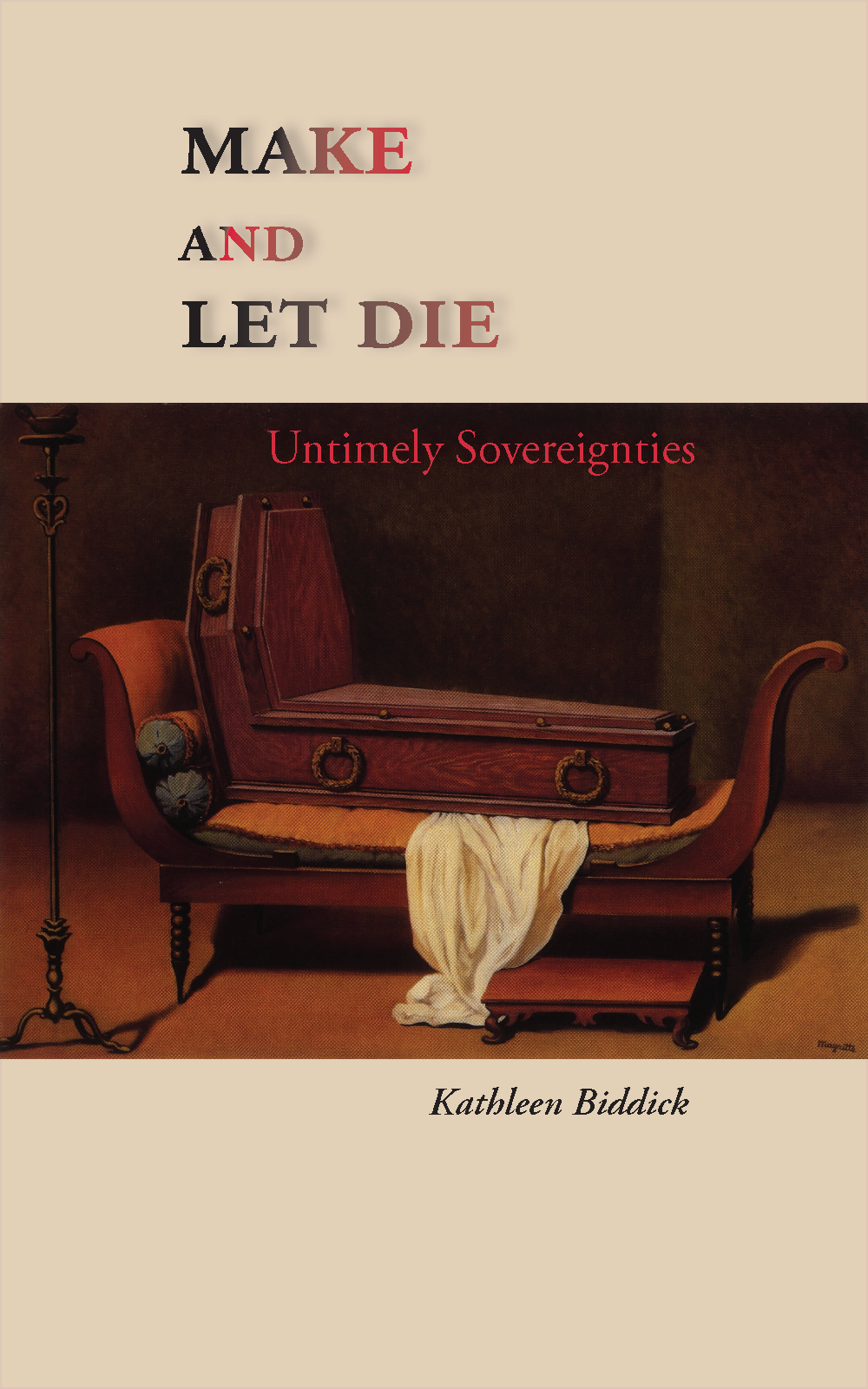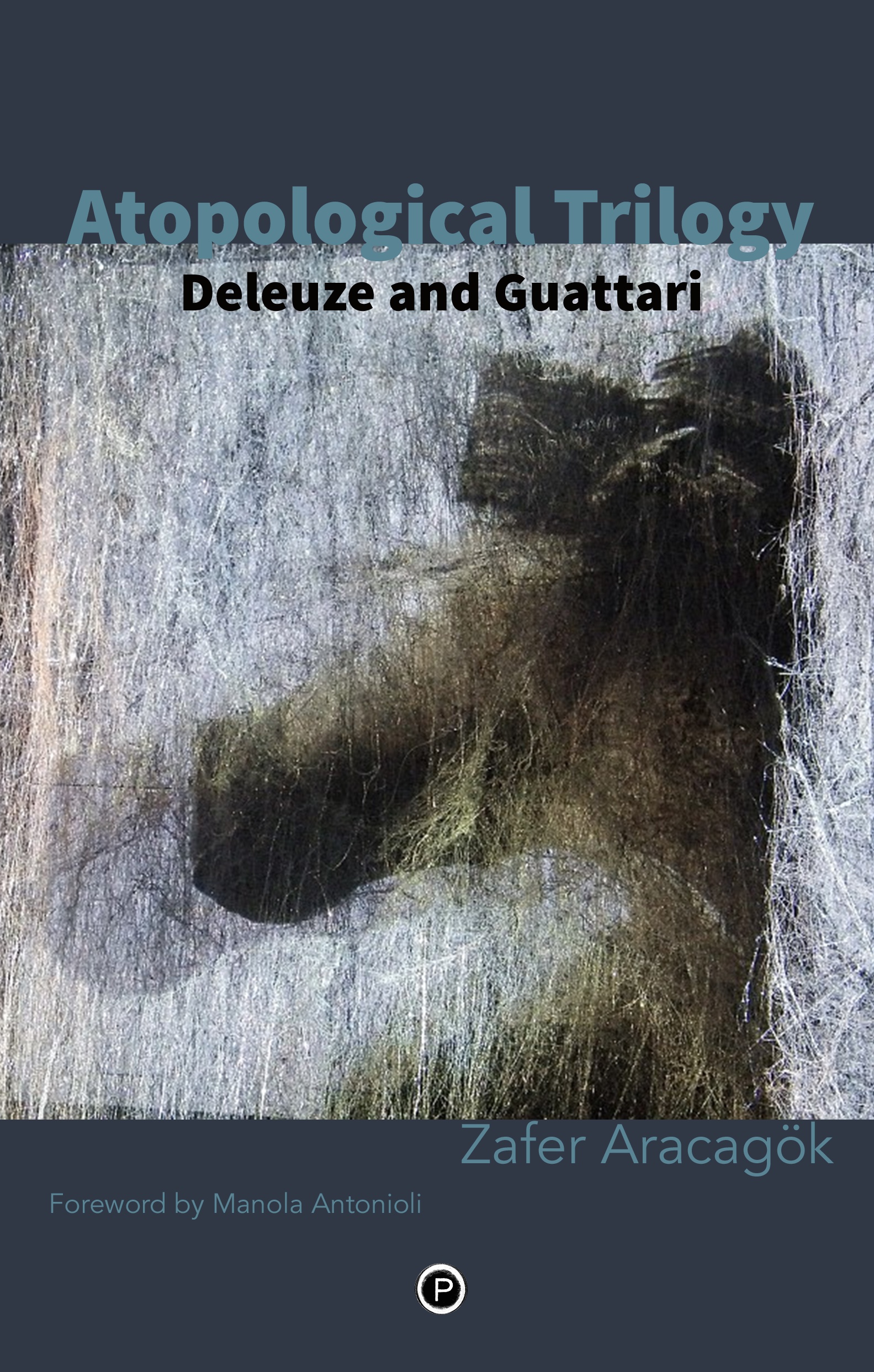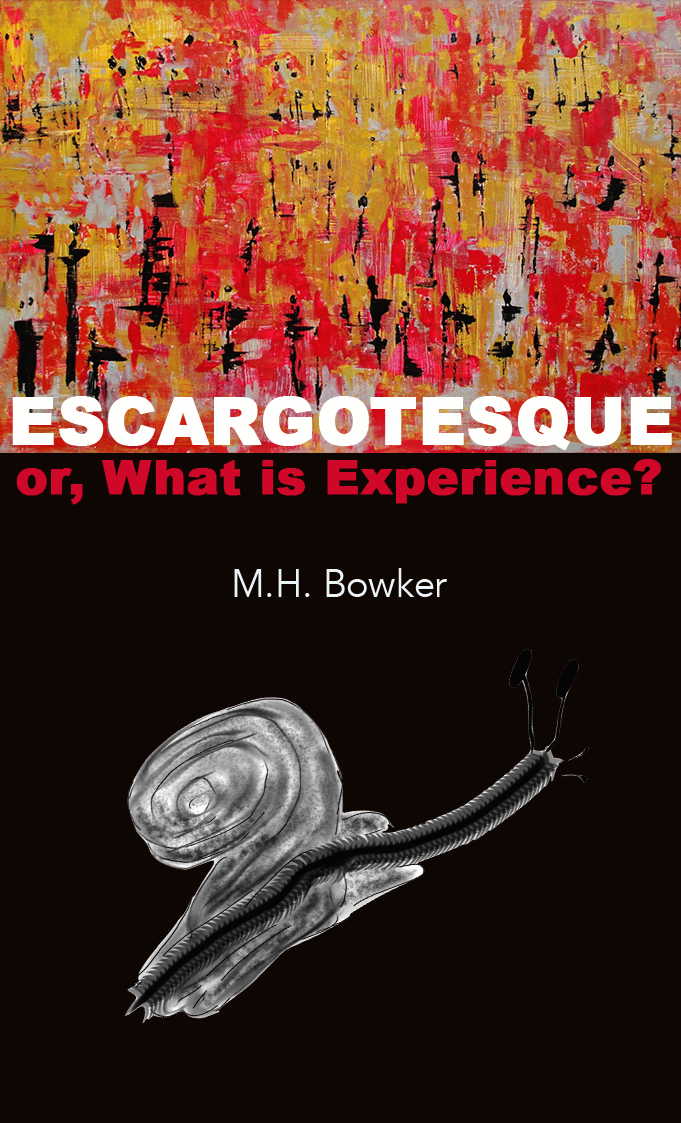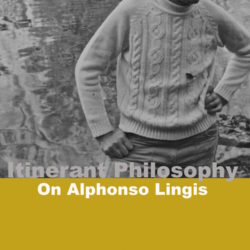The Pedagogics of Unlearning
Published: 05/23/2016
What does it mean to unlearn? Once we have learned something, is it ever possible to unlearn that something? If something is said to have been unlearned, does that mean that it is simply forgotten or does some residual force of learning, some perverse force, also resonate in ways that might help us to rethink[…]

